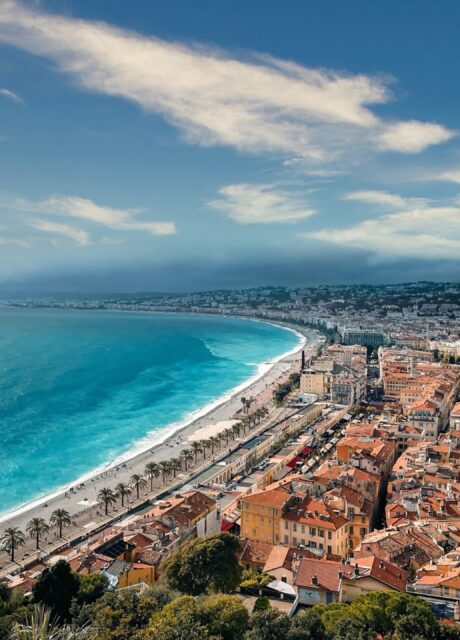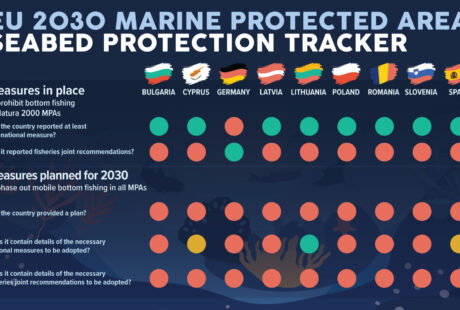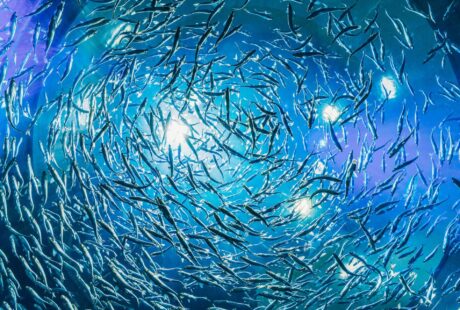In December 2022, world nations gathered for the United Nations Biodiversity Conference (COP 15) to discuss how to protect nature and safeguard biodiversity. The agreement, named the Kunming-Montreal framework, included a commitment tor restore ecosystems, set up a biodiversity fund, and more. This global pledge is a timely reminder for the European Union, which is currently negotiating the most important European nature conservation law of the past 30 years: the Nature Restoration Law (NRL).
In the context of the EU Biodiversity Strategy for 2030, the European Commission has proposed legally binding EU nature restoration targets, to rebuild degraded ecosystems. The proposal – the NRL – is bold and promising, with targets covering ecosystems ranging from forests to oceans.
In November 2022, Seas At Risk and 25 other marine non-governmental organisations (NGOs) put forward a set of joint recommendations to make the draft NRL fit for marine environment restoration. Today [12 January], the European Parliament’s Environment, Public Health and Food Safety (ENVI) Committee discussed their position on the Commission’s proposal. The Member of the European Parliament (MEP) leading on this file, Cesar Luena (Spain, Socialists & Democrats), presented his report and called for increased ambition – a move NGOs welcomed given the present biodiversity loss and climate crises. Some of the elements he included are: shortening certain deadlines; increasing the ambition in the targets (instead of 20% he wants 30% of EU seas to be covered by restoration measures by 2030, in line with global commitments made during COP 15); solid financing to fund the law; and greater citizen involvement.
Pieter Liese’s (Germany, European People’s Party) announcement that the European People’s Party would not support the “overly ambitious” proposal as it stands when voted on by all MEPs is a major concern. This intimidation by the centre-right group comes early on in the decision-making process and shows their intention to ignore the dire state of Europe’s natural ecosystems for the sake of short-term private economic interests.
Meanwhile, the Environment Council, bringing together EU environment ministers, is working on its own amendments to the Commission’s proposal, under the leadership of the Swedish EU Presidency that got underway on 1 January. There are concerns about the Presidency’s level of ambition given the newly inaugurated conservative Swedish government. Hopes are that Sweden uses this opportunity to continue leading the way for the EU, and will shine in this historic political opportunity to champion EU nature and peoples’ wellbeing.
One of the main asks of NGOs is to tackle the dysfunctional legal process (Article 11) outlined in the Common Fisheries Policy (CFP) on which the NRL relies to implement fisheries restoration measures. As things stand, conservation measures contained in the NRL could be blocked by Member States that want to promote fishing over restoration. Seas At Risk and partner NGOs warn that if guarantees to prevent this from happening are not introduced in the NRL, ocean restoration will be minimal. As ever, actions speak louder than words. The NRL is a legacy moment for the EU to be on the side of ambition and bring real change to restore nature and restore the ocean.
Posted on: 12 January 2023



